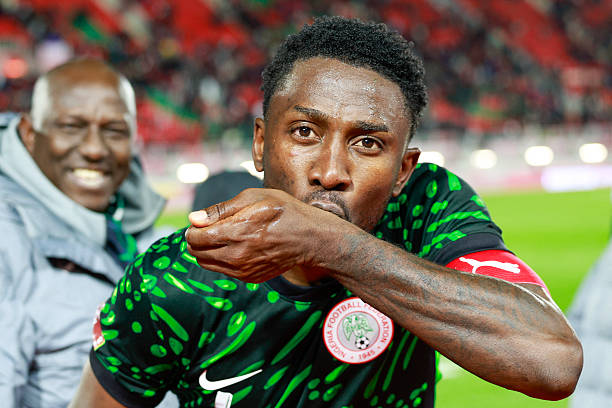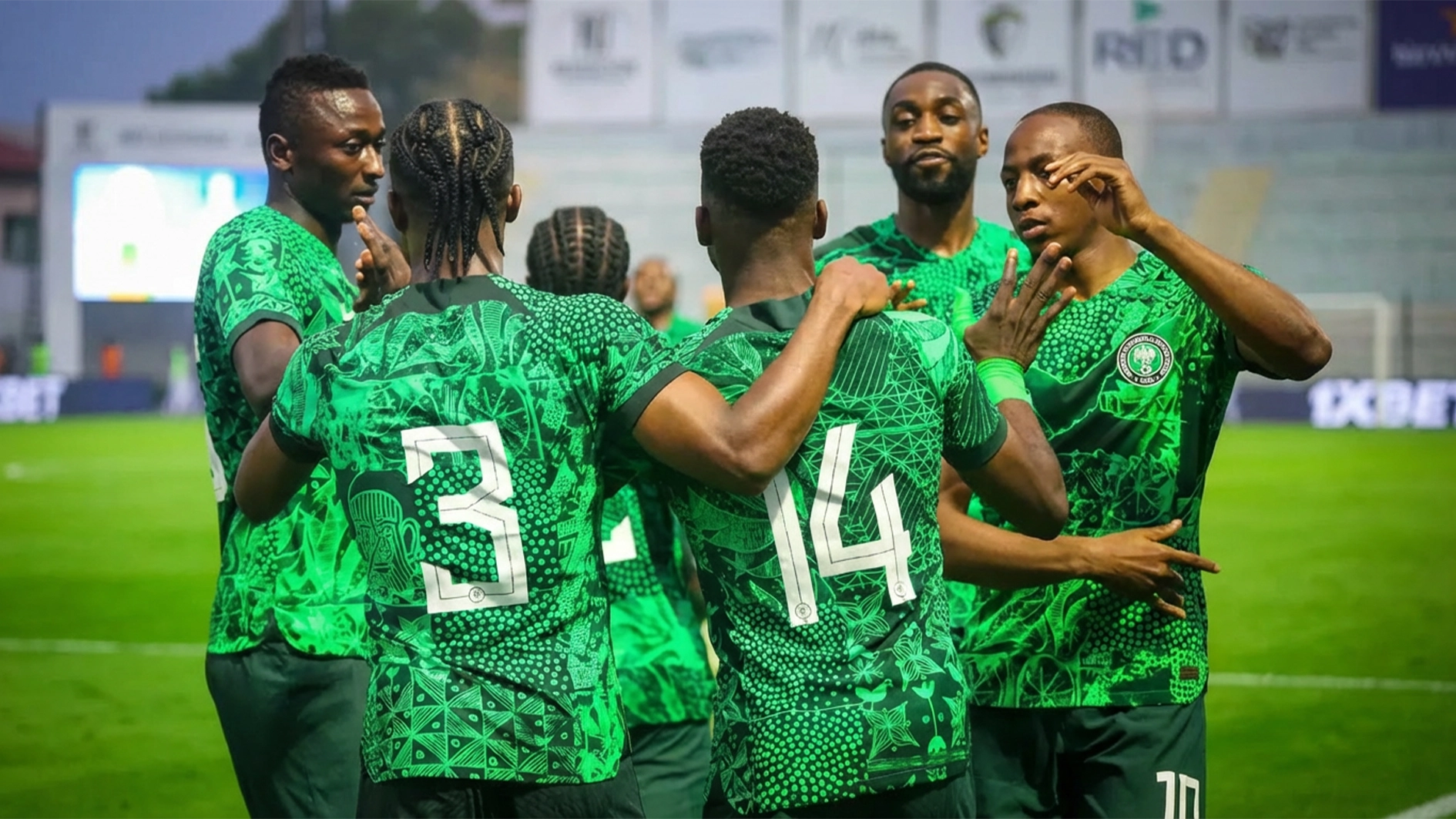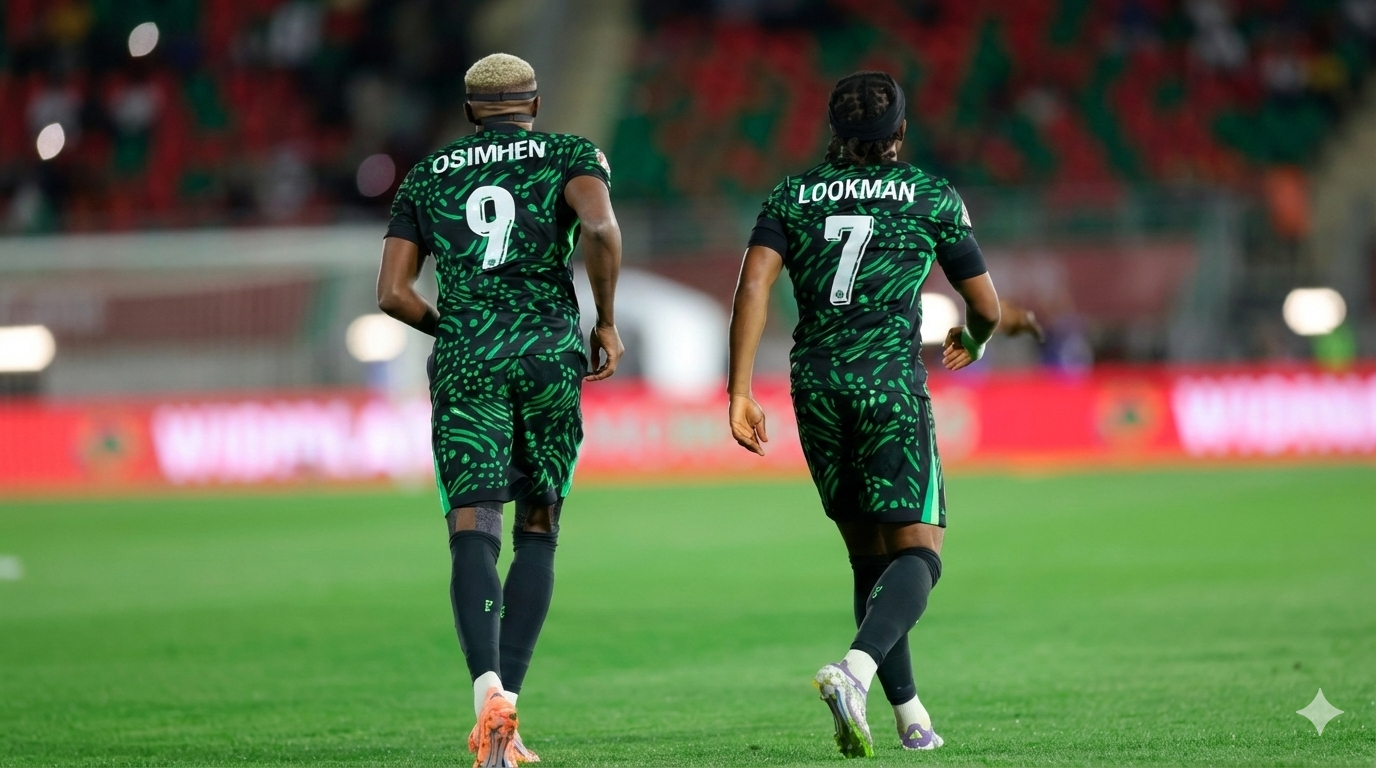Originally billed to be held last year but moved twice to allow the hosts to tidy up facilities and logistics, the 22nd National Sports Festival was one of the most anticipated editions. GOWON AKPODONOR reports that many athletes gave the nation reasons to be optimistic about a renaissance in its sports development.
Most developed countries have national championships, which provide opportunities for their athletes to show their level of development in various sporting disciplines. They also give coaches and other officials a chance to spot fresh talents that can be trained to represent them in international competitions.
For instance, the United States has several multisport competitions that allow the various components of the country to flex their muscles in sports and also portray the diverse cultures of the people.
Such competitions are held periodically to allow budding athletes to strut their stuff on a large canvas with the hope of catching the eyes of scouts.
But while the United States and most developed countries’ games are organised by regional bodies, and sports associations like the National Collegiate Athletics Association (NCAA), among others, most national games on the continent are governments-organised to ensure national integration and sports development.
In Nigeria, the Federal Government established the National Sports Festival (NSF) in 1973 as a tool to bring the people together after the 30-month Nigerian Civil War that damaged national unity and bred suspicion among the various ethnic groups.
The festival was also designed to ginger states to scout for talents and develop them to compete among their peers with the creme-de-la-creme picked to represent the country at international competitions.
However, since that first edition in 1973, the festival has witnessed many changes, with states now adopting underhand tactics to excel at the games.
They now poach the best athletes from other states and pay them handsomely, just as the opening of the competition to every Nigerian at the 2012 edition in Lagos has seen some states importing overseas-based stars in their bid to win more medals than others.
Sensing the stifling of emerging athletes by the established stars, the National Sports Commission (NSC) started the National Youth Games in 2015 to allow budding athletes to hone their skills in a competitive environment.
At the Gateway Games, the NSC came up with the novel idea of inviting talented youngsters to participate in the festival to gain experience that could come in handy as they grow in their various disciplines.
Tagged “Invited Junior Athletes” that is, Team IJA,” the NSC said that the decision was aimed at establishing a unique and scientific pathway for transitioning junior athletes to elite status, thereby addressing a gap that has long existed in Nigerian sports.
This initiative is, however, not entirely new because at the inception of the Sports Festival in 1973, such categories as the U-13 class, then known as the Mosquito Category, and the U-17 (intermediate category) existed alongside the senior category, which catered for athletes of 20 years and above.
Back in the day, the junior categories gave stakeholders an insight into the future of Nigerian sports as the discovered youngsters were monitored and trained to become national stars.
But this was discarded when the desperation for medals at all costs forced states to adopt foul means to win.
The difference in the new idea is that unlike in the past when the junior athletes competed for individual states, the IJA team was put together and catered for by the NSC to compete as an independent side. And they did not disappoint those who came up with the idea.
For instance, the IJA women’s football team won the silver medal at the festival, while their male counterparts settled for the bronze medal in that category.
A swimmer, Aidan Abili, won three medals, including two silver medals in 50m backstroke and 100m backstroke, as well as one bronze in the 200m backstroke.
The team performed better than some states finishing in the eighth position with three gold medals, one silver, and three bronze medals.
The IJA team’s performance thrilled the NSC Director-General, Bukola Olopade, who declared at the closing ceremony that the team would be given adequate preparation ahead of the next World Youth Olympics.
He said the IJA team’s impact at the Games showed that sports have a bright future. “We decided to give these kids an opportunity to compete at the elite level, and so far they are proving that age is only a number.
“With the performances that we are seeing in this festival, one can only wonder what they will turn out to be in the years ahead with even more exposure. They showed zero fear at the Games and this is quite commendable.”
Surprised by his performance in a competition that featured older and more experienced athletes, Abili confessed that he was initially scared of standing on the same pedal with the senior athletes.
He said: “I have not participated at this level before. On behalf of the other IJA athletes, I thank the NSC for this opportunity. I have learnt quite a lot here. This exposure will surely help me in my career.”
He promised to take advantage of the Gateway Games participation to put Nigeria on the podium in future global events.
“I have my eyes now on the Youth Olympics. After that, I will target the Olympics in the years ahead. I will do my best to make sure that I put Nigeria on the podium in appreciation for this opportunity,” he added.
One of the most outstanding performances by an athlete was recorded by Team Lagos’ athlete, 13-year-old swimmer, Michelle Ibidapo, a student of The Grange School, Ikeja, who won a gold medal in the 1,500m women’s freestyle event.
Team Lagos’ Florence Olarinoye and her mother, Ronke Olarinoye, making the podium in weightlifting at the Gateway Games was also something to remember. While Ronke won gold and silver in the 59kg women’s weight class, her daughter, Florence, got a silver medal in the 49kg weight category. The young girl left camp shortly after winning the medal to prepare for her remaining WAEC papers in Lagos.
Team Ogun’s Omolola Tobiloba, a swimmer, began her record chase with an outstanding performance in the women’s 800-metre freestyle, where she shattered two records to give Ogun its first-ever medal in the women’s 800m Freestyle.
Commending the NSC for the novel IJA Team, a former hockey star, Akpoyibo Monday Joe-Pere, who was among ex-athletes that graced the Gateway Games, said the youth category reminded him of his early days in sports.
Now a retired coach, Akpoyibo recalled with nostalgia the Lagos ’73 Games.
“I competed alongside Felix Gheghor in the U-13 (Mosquito Team) in the hockey event where I represented the Midwest team in 1973. I remember that Ejiro Omonode played tennis for the Midwest team also in the U-13 squad, while Bright Omokaro played football in the U-13 team. He also represented the Midwest. In the senior team then, we had former Head of State, the late General Sani Abacha, and others like Jeremiah Oseni and Theophilus Danjuma competing in the senior hockey category. They played for the that they were serving in the Nigerian Army at that time. I later played hockey with some of them on the streets.
“My long participation in the National Sports Festival was made possible by the introduction of the U-13 team at Lagos ’73. It gave young athletes a sense of belonging and an avenue to prepare for future challenges. So, for the organisers to revive that culture in Abeokuta is commendable,” Akpoyibo stated.
Apart from the introduction of the IJA Team at the Games, Akpoyibo described accommodation arrangements as top-notch. So, beyond the medals, the Gateway Games served as a powerful melting pot of cultures, fostering national pride and unity.
For the first time in the festival’s history, athletes and officials from all participating states were camped at the Babcock University hostels, thus giving them the opportunity to bond.
“The festival is aimed at uniting the people and the hosts did a great deal for the country in that area by camping all the athletes together.
“The feeding and accommodation arrangements were the best I have seen in any National Sports Festival,” Akpoyibo told The Guardian.
“The area of collation of results was also top-notch because for the first time technology was fully deployed.
Furthermore, the standard facilities provided at the Gateway Games gave athletes the ground to establish new records break records, and soar to new heights.
Equally impressed with the invitation of the junior athletes to the festival is a former Olympic bronze medalist, Commonwealth champion, and record holder in 100m/200m, Mary Onyali, who said: “I am impressed with what I saw in Abeokuta, particularly the introduction of the IJA Team. Nigerians should watch out for these young athletes.”
Perhaps what has remained a sore point in the annals of sports development is the apathy that some states display toward their athletes.
This manifested midway into the games when Ogun State athletes protested over unpaid allowances and unfulfilled promises.
Ogun athletes’ protest was soon followed by their Kwara State counterparts, who also downed their spikes over unfulfilled promises.
The death of 19 Kano State athletes and officials on their way back home, in rickety vehicles, and at night further showcased the poor welfare that some athletes endure.
Some stakeholders argue that the casualty figure would have been low, or averted outright if the Kano contingent returned home during the day instead of the night trip from Abeokuta.
The Guardian recalls that the Abia State team missed some of their events at the Lagos 2012 edition of the Festival because they left Umuahia for Lagos at night and could not get to their event venues on time.
Another area in which organisers of the Gateway Games earned poor grades is their failure to guarantee a steady power supply at the venues.
It was a huge embarrassment during the final of the 10,000m race when the light within the stadium went off, and athletes continued the race with illumination provided by mobile telephone sets.
This could have been averted if the organisers had automatic standby generators at the venues.
However, despite the few sore points at the Gateway Games, stakeholders identified some inspiring developments that the NSC and future hosts could build on to give the country a quality festival.
For Olympian, Yusuf Ali, records set at the Gateway Games would be difficult to surpass shortly. Ali told The Guardian that virtually all athletes and officials went home satisfied with the organisation and conduct of events at the various centres.
Ali, who is the Chief Executive Officer of the National Sports Commission’s Elite Athletes & Podium Performance Board, said that the government and people of Enugu State may have to go the extra mile in organising a better National Sports Festival in 2026.
At the end of the festival, Team Delta retained their number one position, followed by hosts, Team Ogun. The state waited till the last day of the games to upstage Bayelsa on the medals table.






